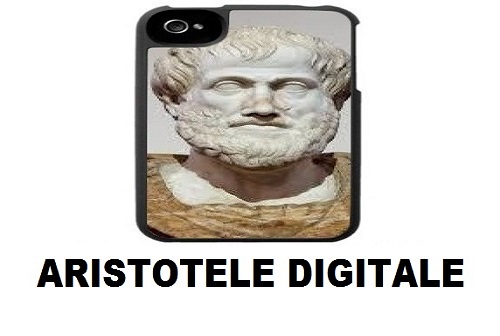The Plumber of the Year 2020
Yesterday I called a plumber for boiler control (the cold is coming). A gentleman in a suit and tie showed up with an executive briefcase. He really looked like an intellectual, a collage classmate. He opened the briefcase and pulled out some kind of computer through which he verified the proper functioning of my boiler. He pressed a few buttons and, after having received the invoice, I paid what it was due.
Question: we worry that robots will take away our jobs and therefore dignity. However, that gentleman seemed to me very dignified. I paid him willingly, even though I wondered what and why I was paying for. Was I paying him or the machine? And, if I was paying for his working time instead, did I pay too much? As far as taxes are concerned, who does pay them, the plumber or the machine? Anyway, I happily paid for him, because he offered me not only a service, but also a sense of security.
A.P Artificial plumber
Maybe a transformation of all jobs into cybernetic jobs have already been taking place for a long time. I was going to write intellectual work, then I tried smart work. However, I ended up writing cybernetic, even though I still had digital as an option.
It will be said that, through this transformation, men have become a succubus of the machine and therefore have lost dignity and even freedom. I do not think so because, if it is true that cybernetics has done all by itself for my boiler, it is equally true that it has eliminated a lot of effort (and do not tell me that fatigue is synonymous with dignity, nor that in dictionaries, under “man” we read: animal that is happy to struggle in order to earn bread).
That gentleman actually directed the whole operation for which he was undoubtedly competent. His presence was also justified by the necessity to fix any possible problem (and there are always problems in real life).
The Cyborg-plumber Manifesto
Further consideration: what is the instrument he used? It is an organic (note:organic) set of collective intelligence and creativity, both in its hard and soft modes. Some may say that intelligence, like creativity, can only be ways and forms of the individual person who is its rightful owner.
Therefore, individual has the right to take advantage of it, and profit from it. However, this is a formidable support (one could write ideological) of a certain historical moment, ours. Of course, there is no argument that is absolutely valid and – I throw it there – intelligence as creativity are by their nature relational concept. So that, digital does nothing but expand this relationality in power.
Looking again at the imaginary dictionary under the word man we could find the following definition: animal which creates and is able to survive thanks to its ability to produce relationships. At least, from this point of view, digital is the most human condition, I can imagine.








